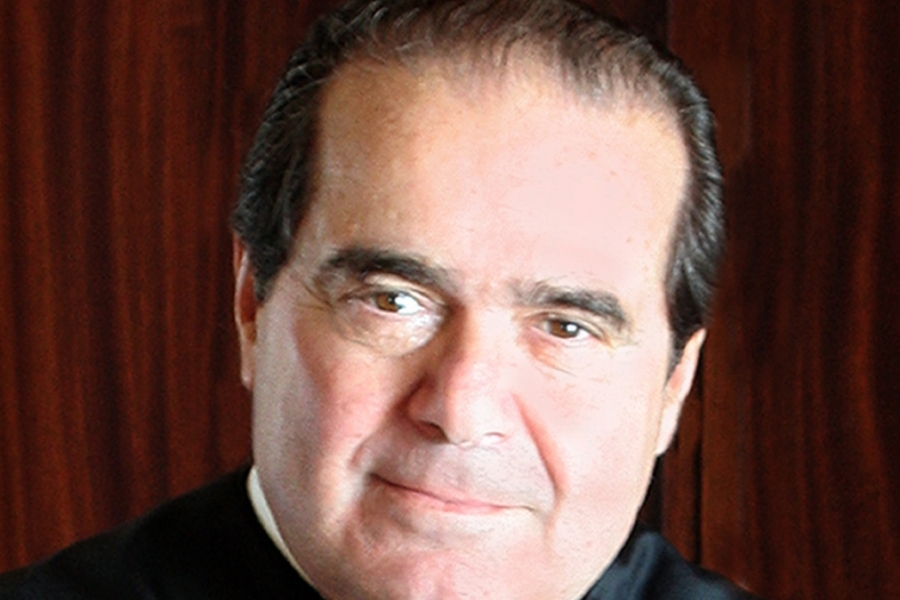U.S. Supreme Court Justice Antonin Scalia was found dead Saturday.
Scalia, 79, reportedly died in his sleep while on a hunting trip in Texas. Scalia was appointed to the bench by President Ronald Reagan in 1986 and was considered the leader of the conservative sector of the Supreme Court.
Scalia voted from a strongly conservative standpoint: He was anti-choice, backed gun rights and opposed the expansion of LGBT rights, including marriage equality. He voted against the 2013 overturning of the federal Defense of Marriage Act and last year’s legalization of same-sex marriage.
In his dissent, Scalia blasted the decision, using the scathing, colorful language for which he was known, calling the ruling a “threat to American democracy.”
Debate has already begun about naming a justice to fill the vacancy, with a number of Republican leaders pledging to block any nomination President Barack Obama attempts to move through in his final months in office.
LGBT leaders are among those calling for swift action on a nomination.
On Tuesday, Equality Pennsylvania launched a petition calling on Sen. Pat Toomey — who has said he believes the next president should pick Scalia’s replacement — to ensure a “fair hearing and timely vote” for Obama’s nominee. To sign the petition, visit http://ow.ly/Ymb15.
“The Supreme Court plays a critical role in making decisions on issues that affect all of the American people, and in the past year, we have seen what an impact Supreme Court decisions have the on the LGBT community,” said Equality PA executive director Ted Martin. “That’s why it is so important to ensure that Supreme Court nominations happen in a timely way and with bipartisan cooperation.”

